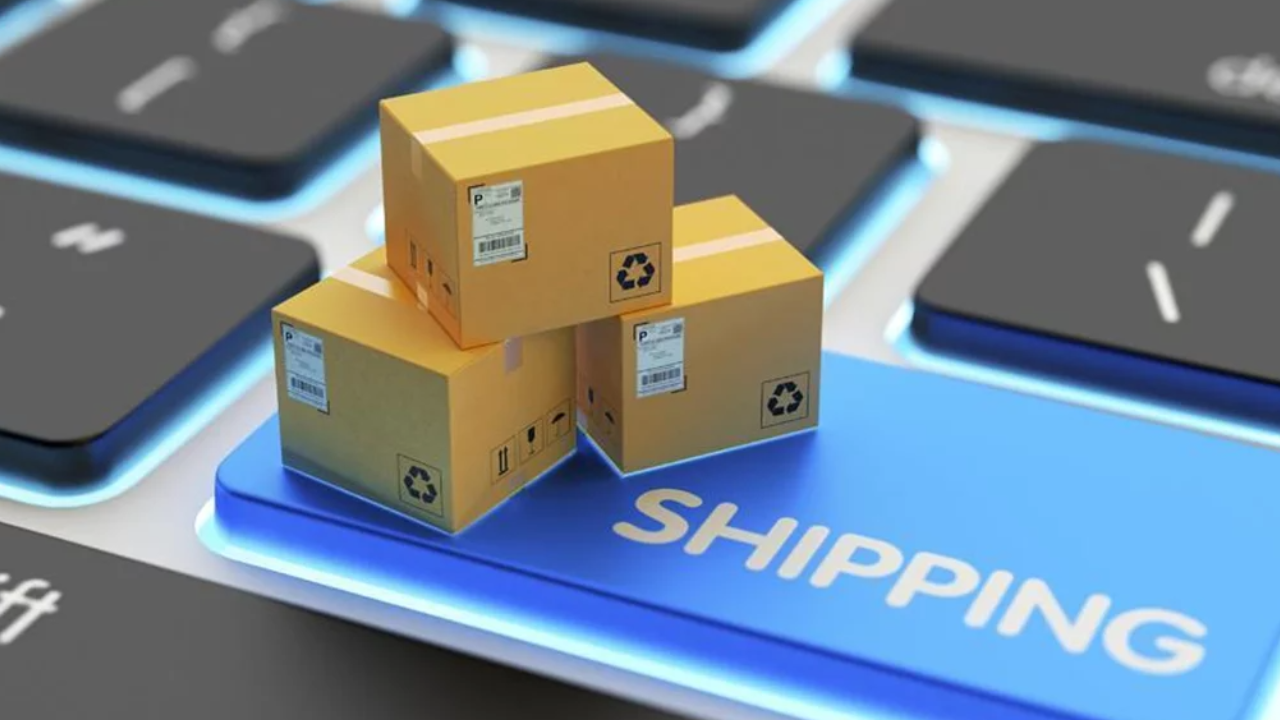A logistics ERP (enterprise resource planning) system is a software solution that is specifically developed to manage and optimize an organization's logistics and supply chain processes. It unifies tasks such as inventory management, transportation management, warehouse management, order processing, and customer relationship management on a single platform.
Choosing the correct logistics ERP system is critical to the success and effectiveness of any logistics organization. The system acts as the foundation of the complete logistics ecosystem, allowing for seamless coordination and control of activities such as inventory management, transportation, warehousing, and order fulfillment.
A well-chosen logistics ERP system can help to streamline operations, increase productivity, and improve customer satisfaction by offering real-time inventory visibility, optimizing routing and scheduling, eliminating errors, and allowing for timely decision-making. Logistics ERP can also provide scalability and flexibility, allowing the company to respond to changing market demands, grow into new markets, and integrate with future technology.
Is A Logistics ERP System Suitable For All Types Of Logistics Operations?
Yes, a logistics ERP system is appropriate for a wide range of logistics operations, such as transportation, warehousing, distribution, freight forwarding, third-party logistics (3PL), e-commerce fulfillment, and more. These systems can be customized to match the individual demands and requirements of various sectors and logistics operations, allowing for flexibility and scalability to accommodate a wide range of business models and workflows.
Key Factors In Choosing a Logistics ERP System
Selecting the right ERP system for logistics operations requires careful consideration of various factors to ensure seamless integration and optimal performance. In this article, we will delve into the key factors that businesses should consider when choosing a logistics ERP system.
Functionality and Features
When deciding on a logistics ERP system, it is critical to consider its functionality and features. The system should have complete modules for key logistical activities such as inventory management, transportation management, warehouse management, order processing, and supply chain visibility. Additionally, check for advanced features such as real-time tracking, route optimization, and system integration.
Scalability and Flexibility
Scalability and flexibility are critical when choosing a logistics ERP system. The system should be adaptable to the business's changing needs, allowing for seamless expansion, volume fluctuations, and industry regulations. Look for customization options and the ability to add or remove modules as needed without affecting operations, which will ensure the solution's long-term viability and scalability.
Integration Capabilities
Seamless connectivity with existing systems and third-party apps is critical for increasing productivity and data accuracy. Check the logistics ERP system's compatibility with other software solutions, including CRM, EDI, e-commerce platforms, and telematics systems. Robust integration capabilities allow efficient data flow and process automation throughout the logistics ecosystem.
User Interface and Usability
The logistics ERP system's user interface should be simple, straightforward, and easy to navigate. Consider the requirements of various user positions in your organization, ranging from warehouse workers to management executives, and ensure that the system delivers specialized interfaces and functionality for each. A well-designed user interface increases adoption rates, shortens training times, and boosts overall productivity.
Data Security and Compliance
Data security is critical in the logistics sector due to the sensitive nature of shipment and customer information. Choose a logistics ERP system that includes strong security features like encryption, role-based access controls, and regular data backups. To reduce risks and secure sensitive information, ensure that the system conforms to industry requirements and standards.
Cost and Return on Investment
Evaluate the logistics ERP system's total cost of ownership (TCO), which includes upfront licensing fees, implementation charges, maintenance fees, and continuing support expenses. Consider the system's ROI potential in terms of cost savings, increased efficiency, lower error rates, and increased customer satisfaction. Choose a solution that strikes a balance between features, functionality, and cost to produce long-term value.
Industry-Specific Requirements
When picking a logistics ERP system, take into account industry-specific requirements and laws. Certain industries, such as pharmaceuticals, food and beverage, and hazardous material handling, may have specific compliance needs or operating issues. Choose a system that is adapted to your industry's specific demands and capable of efficiently addressing regulatory compliance, traceability, and quality control.
Final Words
Choosing the correct logistics ERP system is a key decision that will have a substantial impact on your logistics operations' efficiency, agility, and competitiveness. Businesses can make informed decisions and choose a system that meets their specific needs while also driving sustainable growth and success by carefully evaluating factors such as functionality, scalability, integration capabilities, user interface, mobile accessibility, data security, cost, vendor support, industry-specific requirements, and future trends.


